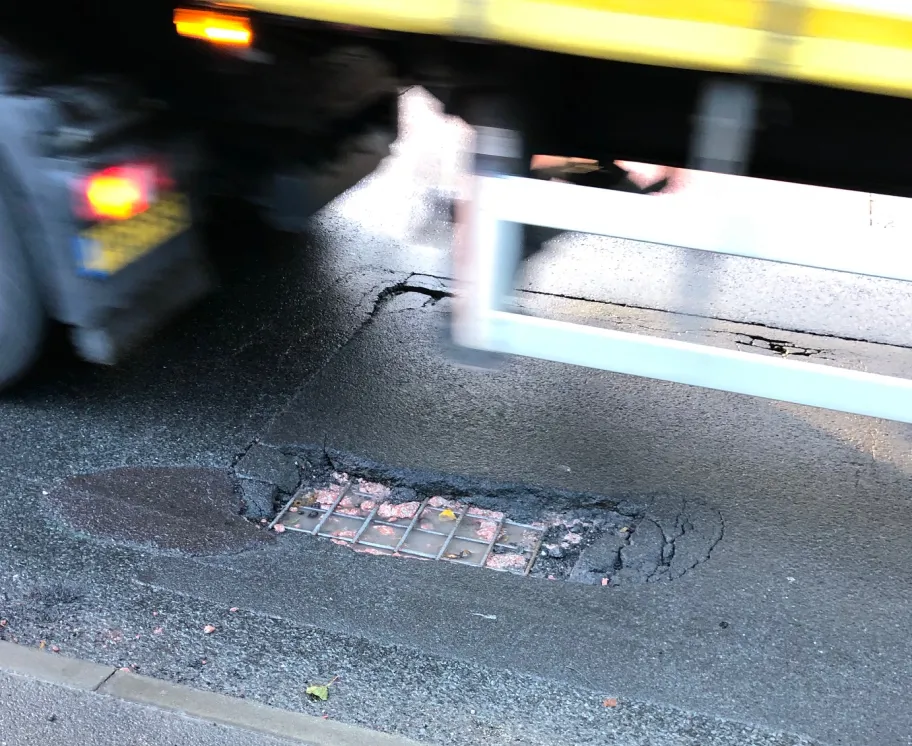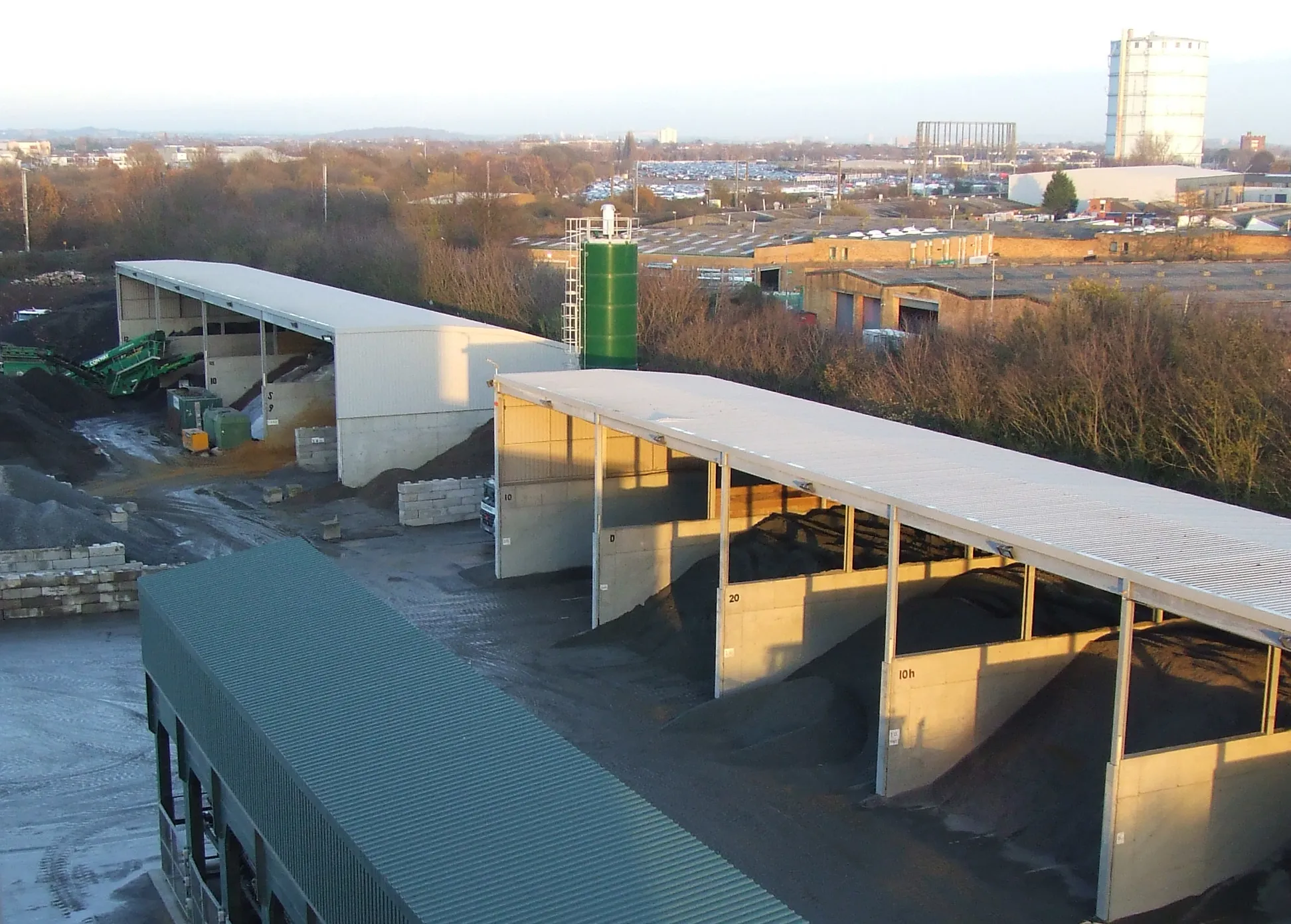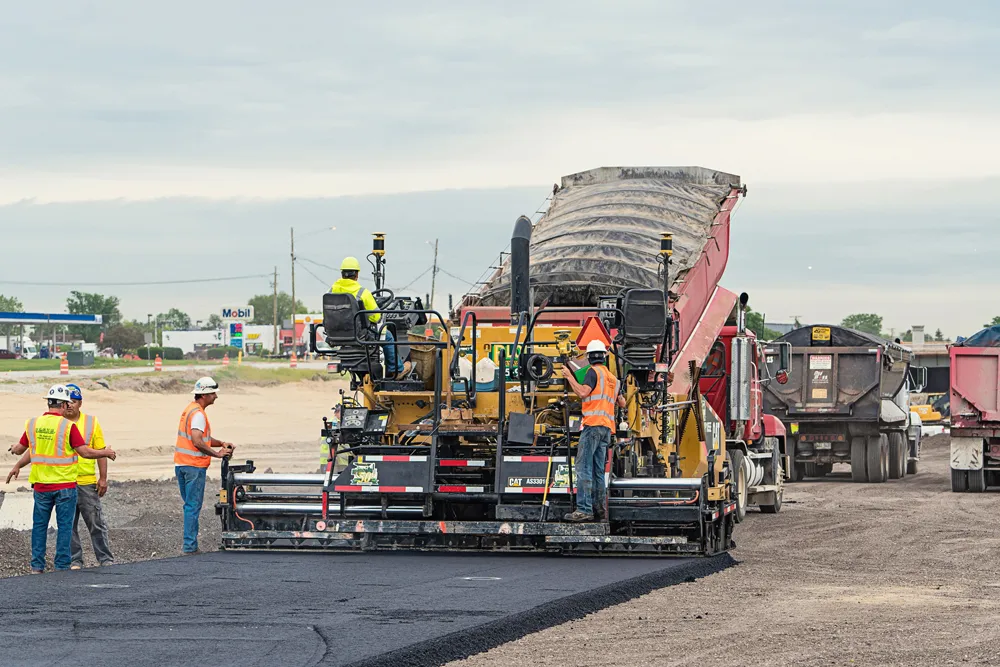
Software specialist XAIS and England’s University of Nottingham are developing a highway asset management programme that overcomes a lack historic data about road conditions.
The software programme – essentially a lifecycle modelling tool - will improve “condition projection modelling” so highway authorities can project were assets will need more or less maintenance in the future.
It will “optimise decision-making around the maintenance, repair and replacement of assets – reducing life-cycle costs and uncertainty around budget requirements”, according to XAIS.
The proposed tool is based on stochastic deterioration modelling using Stochastic Petri Nets, an open-source methodology developed by University of Nottingham over the past decade. This methodology explicitly accounts for lack of baseline inspection data and information on the current condition and performance of assets and their deterioration, errors in the inspection process or the recording of results and intrinsic variability in the performance of different assets.
The accuracy and efficiency of these models has been tested in an academic context, based on real, large-scale data on existing railway bridges. This approach has been shown to closely mimic the complex behaviour of assets, including the effects of deterioration, inspections and maintenance actions, accounting explicitly for the uncertainty and variability in each of these processes.
XAIS said that the new lifecycle modelling tool will be embedded into the XA Asset Management System, seamlessly incorporating a range of new features that will lead the way for the next generation of asset management systems.
For local highways authorities, this critical development will enable consistent budgeting and balanced decision making between short-term (reactive) and long-term (preventive) investments, underpinned by solid evidence to justify investment needs. “With the help of our new tool, asset managers will be able to compare different strategies across their entire portfolio and invest in the assets that lead to higher long-term savings,” said James Wallis, executive director at XAIS.
UK-based XAIS offers a range of services and software to local authorities, highway network operators and international transport organisations to improve their highway asset management data and plans.








